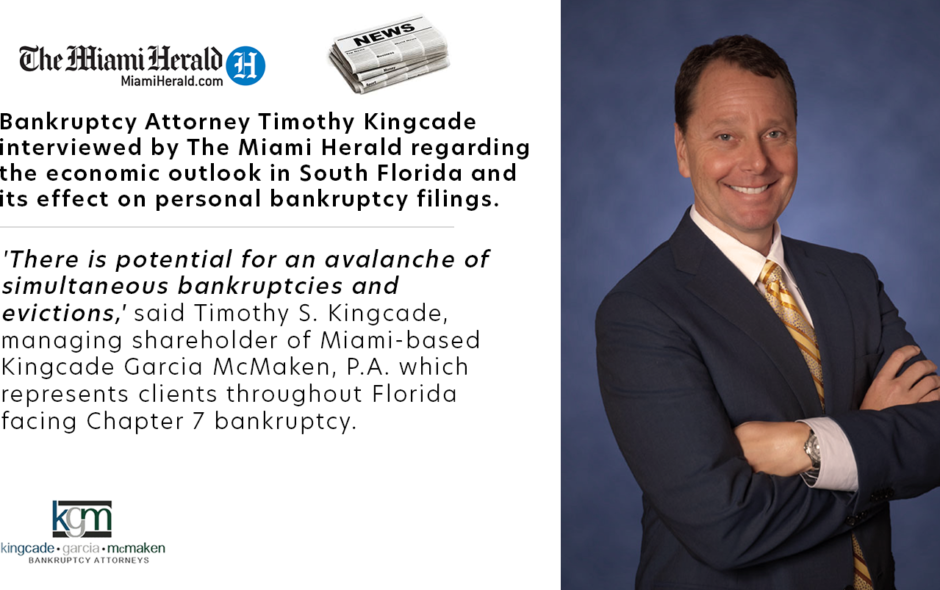The U.S. Department of Education has placed a pause on student loan payments through September 2021. This is among the 17 executive actions President Biden has signed since taking office. This Order, along with the extension on eviction and foreclosure moratoriums, are an effort to relieve the economic impact caused by the coronavirus pandemic. Prior to the Order, payments were scheduled to resume at the end of January.
Student loan debt continues to be a national crisis, as debt tops more than $1.6 trillion. What was once a looming financial crisis, has now been exacerbated by job losses and pay cuts caused by the pandemic. Approximately 1 in every 5 student loan borrowers are in default, according to the U.S. Department of Education. Many are struggling to pay for basic necessities and provide for their families. With the extension of the forbearance agreement, borrowers will not be forced to decide between paying their student loans and putting food on the table.



